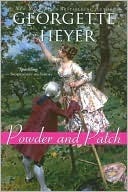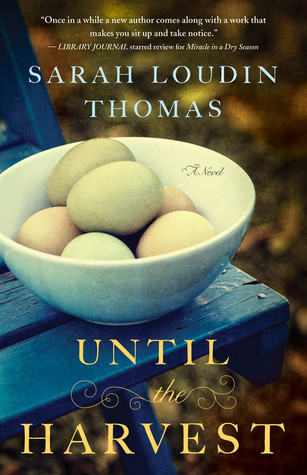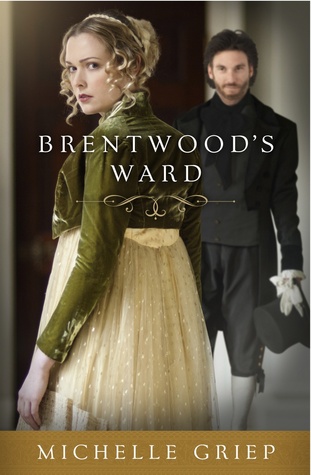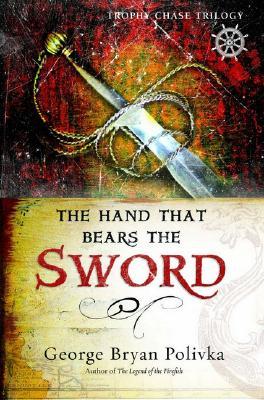This post may contain affiliate links.
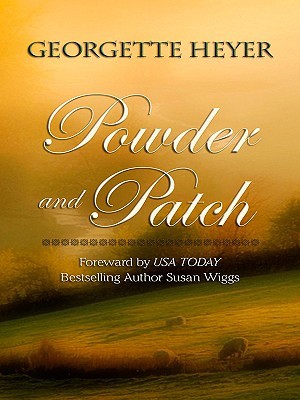
Powder and Patch by Georgette Heyer - I discovered Georgette Heyer awhile ago and it's been quite fun to read her Regency novels. This one is apparently one of the first she wrote, and is not as polished as the others I've read so far, but still full of wit and charm.
by Georgette Heyer - I discovered Georgette Heyer awhile ago and it's been quite fun to read her Regency novels. This one is apparently one of the first she wrote, and is not as polished as the others I've read so far, but still full of wit and charm.
Philip Jettan is a bluff country gentleman, and is quite in love with a beautiful young neighbor, Cleone Charteris. Philip's father has been pushing him to go to London to acquire more fashionable manners and style, but Philip firmly refuses - until he is shown up by a rival for Cleone's attention, and the realization that Cleone herself desires a husband who is refined and fashionable. Cleone loves Philip, of course, but is loath to admit it openly, and is naive enough to think she would like him better if only he would dress in the latest style and be able to turn pretty phrases. Philip goes to Paris to acquire the social graces his father and lady-love prefer, and does such a good job of it that he becomes the darling of Paris society and is much changed when he returns to London, ready to win Cleone at last. But he wonders whether Cleone loves him for himself, or for his fancy clothes and mannerisms.
I found this book entertaining and full of humor, and I often thought how ironic that the fashionable dress and behavior considered "manly" at that time would be considered the exact opposite today! Some readers would undoubtedly find offense in some of the sentiments expressed that are dated attitudes, or worded in a way that could be easily misconstrued. For example, there are several assertions by some of the characters towards the end of the book to the effect that young ladies want to be "mastered" by a man, or that they need a gentleman to care for them because they are incapable of being reasonable enough to be independent. The ideas were likely common enough during that time period (Austen's Mrs. Bennett would likely have agreed with these attitudes!), and certainly affected socially acceptable behavior.
I do wish that the reader had been given some idea how Philip and Cleone came to love each other in the first place. We do know that they spent time together as children, but when we are introduced to them, we are told that Philip is quite in love with her, and she has a definite preference and affection for him, but we aren't given much background on their relationship.
By the same author: Beauvallet, Lady of Quality, The Toll-Gate
Philip Jettan is a bluff country gentleman, and is quite in love with a beautiful young neighbor, Cleone Charteris. Philip's father has been pushing him to go to London to acquire more fashionable manners and style, but Philip firmly refuses - until he is shown up by a rival for Cleone's attention, and the realization that Cleone herself desires a husband who is refined and fashionable. Cleone loves Philip, of course, but is loath to admit it openly, and is naive enough to think she would like him better if only he would dress in the latest style and be able to turn pretty phrases. Philip goes to Paris to acquire the social graces his father and lady-love prefer, and does such a good job of it that he becomes the darling of Paris society and is much changed when he returns to London, ready to win Cleone at last. But he wonders whether Cleone loves him for himself, or for his fancy clothes and mannerisms.
I found this book entertaining and full of humor, and I often thought how ironic that the fashionable dress and behavior considered "manly" at that time would be considered the exact opposite today! Some readers would undoubtedly find offense in some of the sentiments expressed that are dated attitudes, or worded in a way that could be easily misconstrued. For example, there are several assertions by some of the characters towards the end of the book to the effect that young ladies want to be "mastered" by a man, or that they need a gentleman to care for them because they are incapable of being reasonable enough to be independent. The ideas were likely common enough during that time period (Austen's Mrs. Bennett would likely have agreed with these attitudes!), and certainly affected socially acceptable behavior.
I do wish that the reader had been given some idea how Philip and Cleone came to love each other in the first place. We do know that they spent time together as children, but when we are introduced to them, we are told that Philip is quite in love with her, and she has a definite preference and affection for him, but we aren't given much background on their relationship.
By the same author: Beauvallet, Lady of Quality, The Toll-Gate





